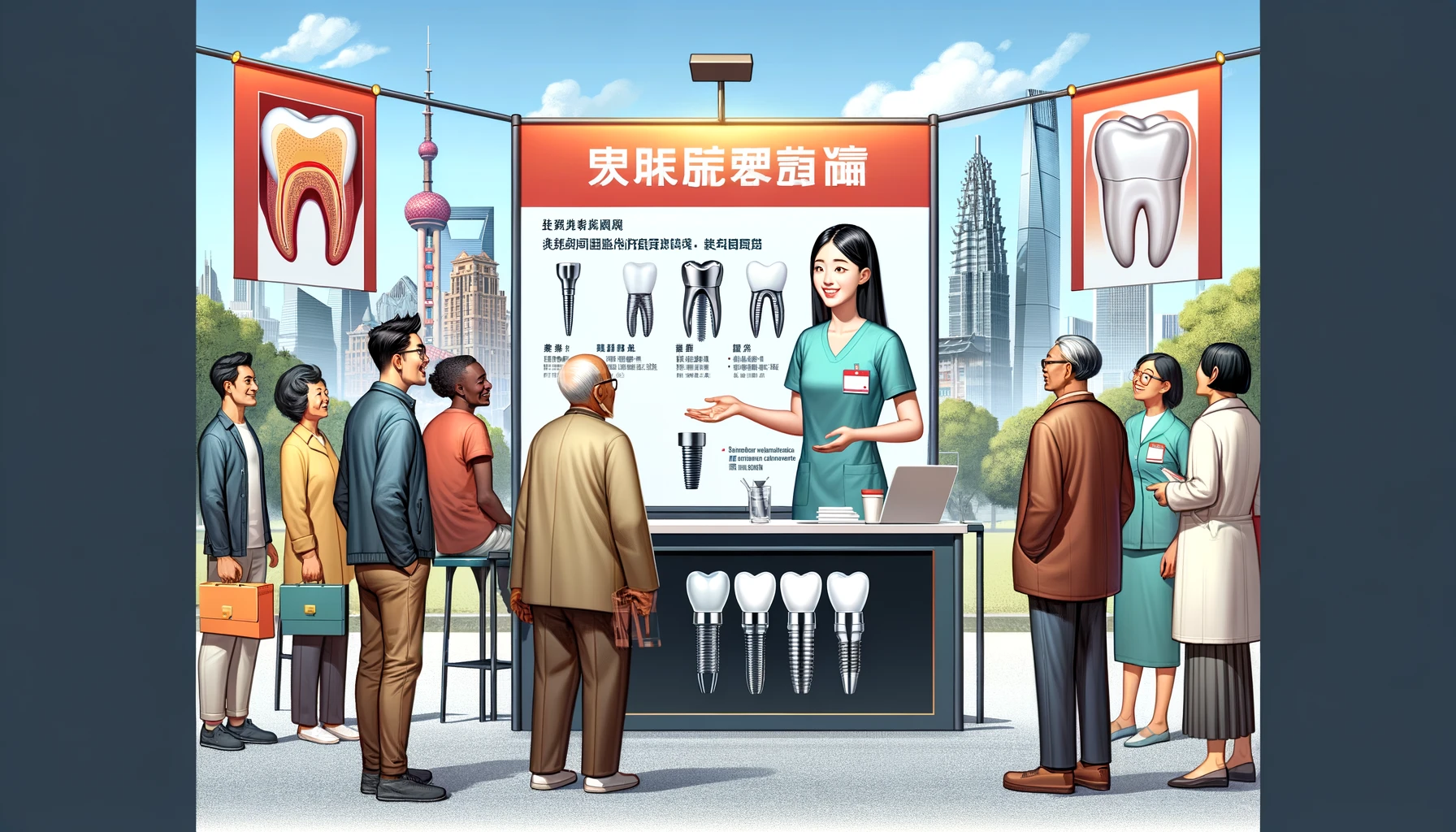Have you ever found yourself hiding your smile or avoiding certain foods due to missing teeth? If so, you’re not alone. Millions of people worldwide face the emotional and physical challenges of tooth loss. Fortunately, dental implants offer a remarkable solution that can restore your confidence and improve your quality of life. In this comprehensive guide, we will explore the world of dental implants, demystifying the process and empowering you to make an informed decision about this life-changing treatment.
The Importance of a Healthy Smile
A beautiful, confident smile is more than just a cosmetic asset; it reflects your overall well-being. Your teeth play a crucial role in your ability to speak, eat, and express yourself freely. Losing one or more teeth can have a profound impact on your self-esteem and social interactions.
Consequences of Missing Teeth
- Jawbone Deterioration: The absence of teeth can lead to bone loss in the jaw.
- Shifting Teeth: Adjacent teeth may shift into the gaps, leading to misalignment.
- Digestive Issues: Difficulty chewing can result in poor digestion and nutritional deficiencies.
What Are Dental Implants?
Dental implants are an innovative solution that replaces missing teeth with artificial roots made from titanium. These implants are surgically placed into the jawbone, where they fuse with the surrounding bone over time, creating a sturdy foundation for replacement teeth (crowns). Unlike traditional dentures or bridges, dental implants are designed to look, feel, and function just like your natural teeth, restoring your ability to eat, speak, and smile with confidence.
Components of a Dental Implant
A dental implant system consists of three main components:
- The Implant Fixture: This titanium post is surgically inserted into your jawbone, mimicking the function of a natural tooth root.
- The Abutment: This connector links the implant fixture to the visible part of the tooth (the crown), ensuring stability.
- The Crown: The custom-made visible part that resembles a natural tooth, tailored to match your existing teeth in shape, size, and color.
The Dental Implant Procedure
The journey to getting dental implants typically involves several key steps:
- Initial Consultation and Evaluation: Your dentist will assess your mouth through X-rays or 3D scans and discuss your medical history to determine if you are a suitable candidate for dental implants.
- Tooth Extraction (if necessary): If there’s a damaged tooth in the implant area, it will need to be removed first.
- Surgical Placement of the Implant Fixture: The titanium implant is surgically placed into your jawbone under local anesthesia or sedation.
- Healing and Osseointegration: After placement, allow time for the implant to integrate with your jawbone—a process that can take several months.
- Abutment Placement: Once integrated, your dentist will attach the abutment that will serve as the base for your new crown.
- Artificial Tooth Placement: Finally, impressions are taken to create a custom crown that is securely attached to the abutment.
Benefits of Dental Implants
Dental implants offer numerous advantages over traditional tooth replacement options:
- Permanent Solution: Designed to last a lifetime with proper care.
- Natural Appearance and Function: They look and function just like natural teeth.
- Jawbone Preservation: They help maintain jawbone integrity by mimicking natural tooth roots.
- Improved Oral Health: Unlike bridges that require altering adjacent teeth, implants preserve existing tooth structure.
- Increased Confidence: Restoring your smile can significantly boost self-esteem and social interactions.
Caring for Your Dental Implants
Proper care is essential for ensuring the longevity and success of your dental implants:
- Oral Hygiene: Brush and floss around your implants as you would with natural teeth.
- Regular Dental Visits: Schedule check-ups and professional cleanings to monitor implant health.
- Avoid Harmful Habits: Refrain from smoking or using teeth as tools to prevent damage.
- Balanced Diet: A nutritious diet supports healthy gums and jawbone.
Impact on Dental Health and Oral Hygiene
Understanding dental implants can significantly enhance oral health practices:
- Improved Chewing Ability: Restores proper chewing function essential for digestion.
- Preserved Jawbone Health: Prevents bone loss and maintains facial structure.
- Easier Oral Hygiene: Implants simplify cleaning compared to bridges.
- Increased Confidence: A renewed smile encourages better oral health maintenance.
Conclusion
In conclusion, dental implants provide a revolutionary solution for missing teeth—offering a permanent, natural-looking replacement that enhances oral health, appearance, and confidence. By understanding their components, procedure, benefits, and care requirements, you can make an informed decision about this remarkable treatment.
A beautiful smile is not just about aesthetics; it’s integral to your overall well-being. With proper guidance and care, dental implants can be a life-changing investment in your health and happiness. Why wait? Take the first step towards achieving a renewed smile today!
Official Resources for Further Information
For more information on dental implants and related procedures:
What are dental implants?
Dental implants are artificial tooth roots, typically made from titanium, that are surgically placed into the jawbone. They serve as a base to support one or more false teeth, providing a long-term solution to tooth loss.
What is the procedure for getting a dental implant?
The dental implant procedure involves several stages, including an initial consultation, potential bone grafting, implant placement, a healing period, abutment placement, and finally, artificial tooth placement. Each stage is crucial to ensure the implant’s success and longevity.
Who is an ideal candidate for dental implants?
Ideal candidates for dental implants should have adequate bone to secure the implants, healthy oral tissues, no health conditions that will affect bone healing, and a commitment to thorough oral hygiene and regular dental visits.















